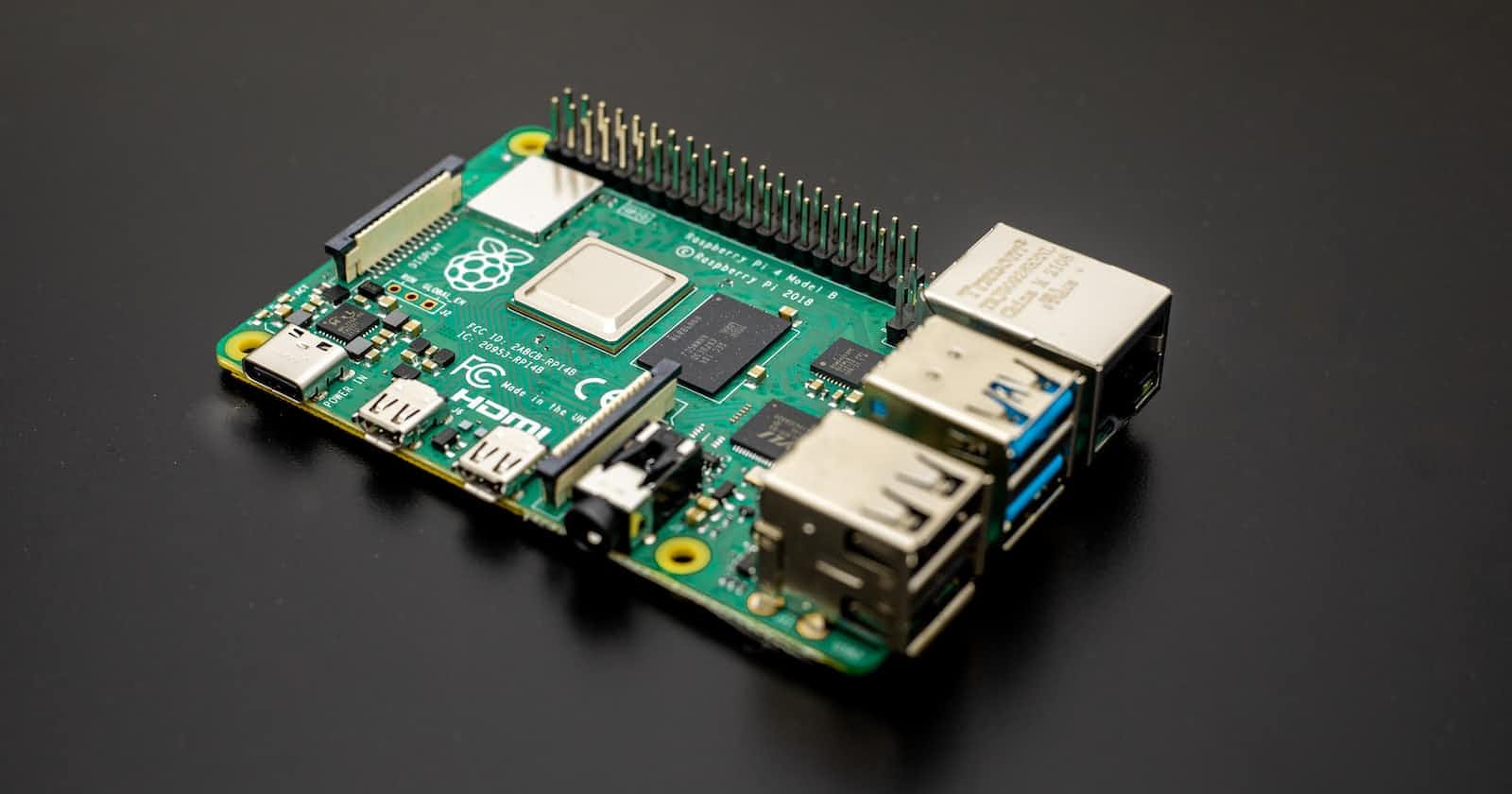
Photo by Jainath Ponnala on Unsplash
Upgrading to Python 3.12 on Your Raspberry Pi
An Exciting Adventure!
Why Python 3.12, and Why on Raspberry Pi?
Hey there, it's iTheo! Look, if you're anything like me—a Python developer who lives for home automation, energy solutions, and climate sustainability—then you'll understand why I find Python 3.12 an absolute game-changer. I've been tinkering with Python on my Raspberry Pi for a while, mainly for my smart home projects. The thing about Raspberry Pi is that it's not just a tiny computer; it's a sandbox for your imagination! And when fueled by Python 3.12? Oh boy, you're in for a ride.
The Journey to Python 3.12
I've been waiting eagerly for Python 3.12 for quite a while. The day it was released, you bet I was one of the first to download it. Why? Because the improvements were right up my alley—enhanced f-string parsing, improved error messages, support for isolated subinterpreters (just imagine the parallel processing possibilities for home automation), and the list goes on!
So how did I go about installing it? Let's dig in!
Step-by-Step Guide to Installing Python 3.12
Prerequisites
First, ensure your Raspberry Pi OS is up-to-date:
sudo apt update && sudo apt upgrade -y
Download Python 3.12 Source
Navigate to Python's official website and grab the Python 3.12 source code.
wget https://www.python.org/ftp/python/3.12.0/Python-3.12.0.tgz
Extract and Navigate to Directory
tar -xf Python-3.12.0.tgz
cd Python-3.12.0
Configure and Compile
Run the following commands to configure and compile Python 3.12.
./configure --enable-optimizations
make -j 4
sudo make altinstall
And voila! Python 3.12 should now be installed.
If you want you can also use my automated script, but be aware it will set python 3.12 to you default python version. And that is not always a good thing.
Wanna try anyway?
wget -qO - https://raw.githubusercontent.com/tvdsluijs/sh-python-installer/main/python.sh | sudo bash -s 3.12
What's New in Python 3.12?
New Features
More Flexible f-string Parsing (PEP 701)
Imagine creating complex formatted strings with ease. This is perfect for logging sensor data in my home automation tasks.Support for Buffer Protocol in Python Code (PEP 688)
I was ecstatic about this. Now manipulating binary data is a cinch.New Debugging/Profiling API (PEP 669)
Debugging just got a whole lot easier. As an Agile Coach and Product Owner, streamlined debugging means faster deployment cycles.Isolated Subinterpreters with Separate GILs (PEP 684)
This was a game-changer for my energy and home automation projects. Multiple tasks in parallel? Yes, please!Improved Error Messages
For someone who codes in Python daily, the enhanced error messages are a huge time-saver.Support for Linux perf Profiler
Now you can see Python function names directly in Linux perf traces.Performance Improvements
With estimated 5% overall performance improvement, my Raspberry Pi feels snappier.
Type Annotations
New Type Annotation Syntax for Generic Classes (PEP 695)
It simplifies the way you define generic classes, making your code more readable.Override Decorator for Methods (PEP 698)
This ensures that the method actually overrides a method in the base class, preventing subtle bugs.
Deprecations
Deprecated methods in the
unittestmodule and old modules likesmtpdanddistutilshave been removed.SyntaxWarnings now for invalid backslash escape sequences in strings.
Plus, a bunch of other deprecated and broken functions were thrown out.
Concluding Thoughts
So, why did I rush to install Python 3.12 on my Raspberry Pi? The features align perfectly with my professional and hobbyist pursuits. As a Python Developer and Chief Sustainability Officer, I am always looking for ways to optimize energy use, streamline code, and innovate in the realm of sustainability. Python 3.12, with its features like isolated subinterpreters, new debugging API, and more, makes that journey exciting and impactful.
Upgrading to Python 3.12 has opened up a world of opportunities for me. So if you're like me, looking to push the boundaries of what's possible with Python and Raspberry Pi, make the upgrade. Trust me, you won't regret it!
Cheers,
Theo

